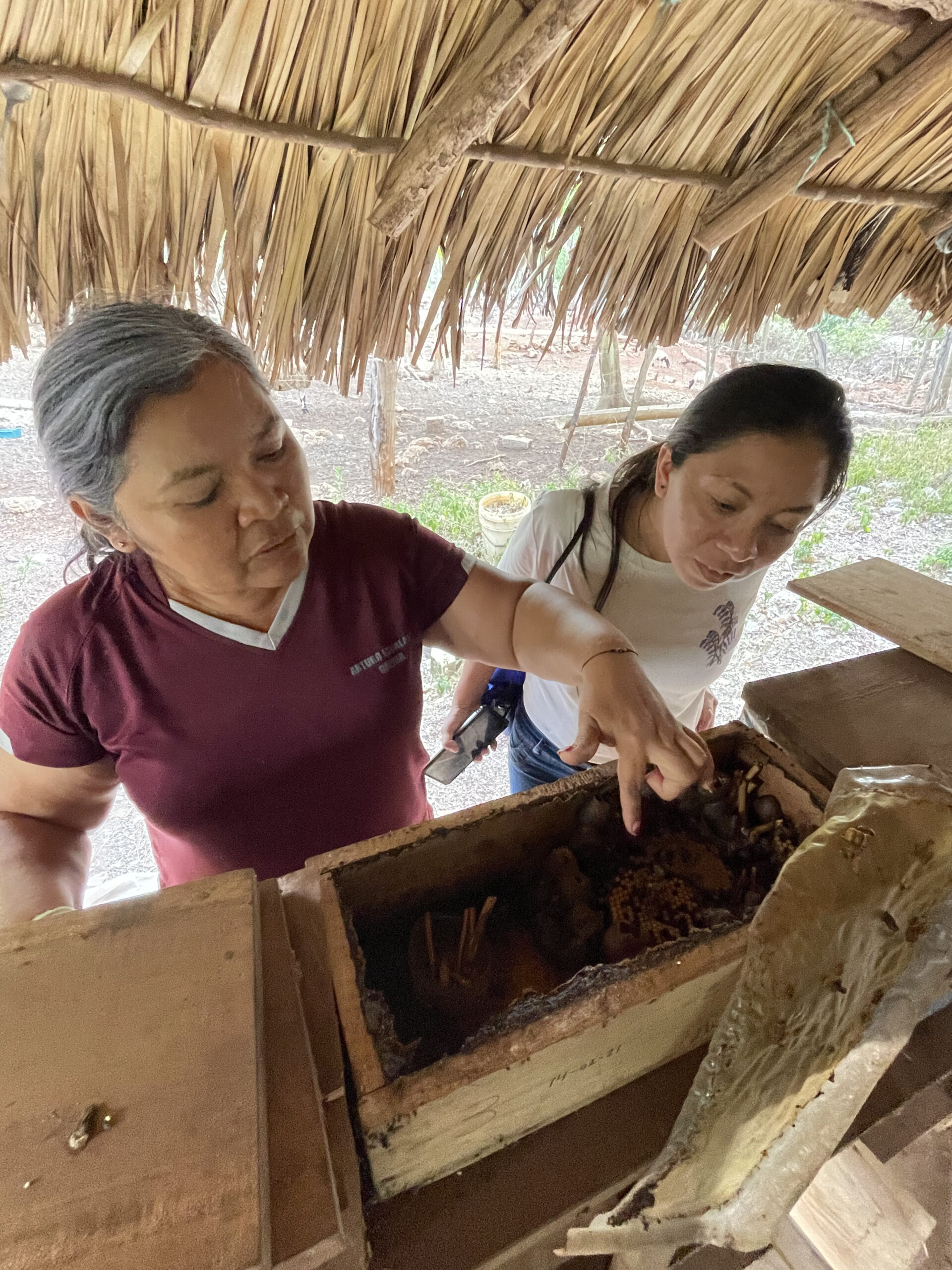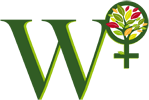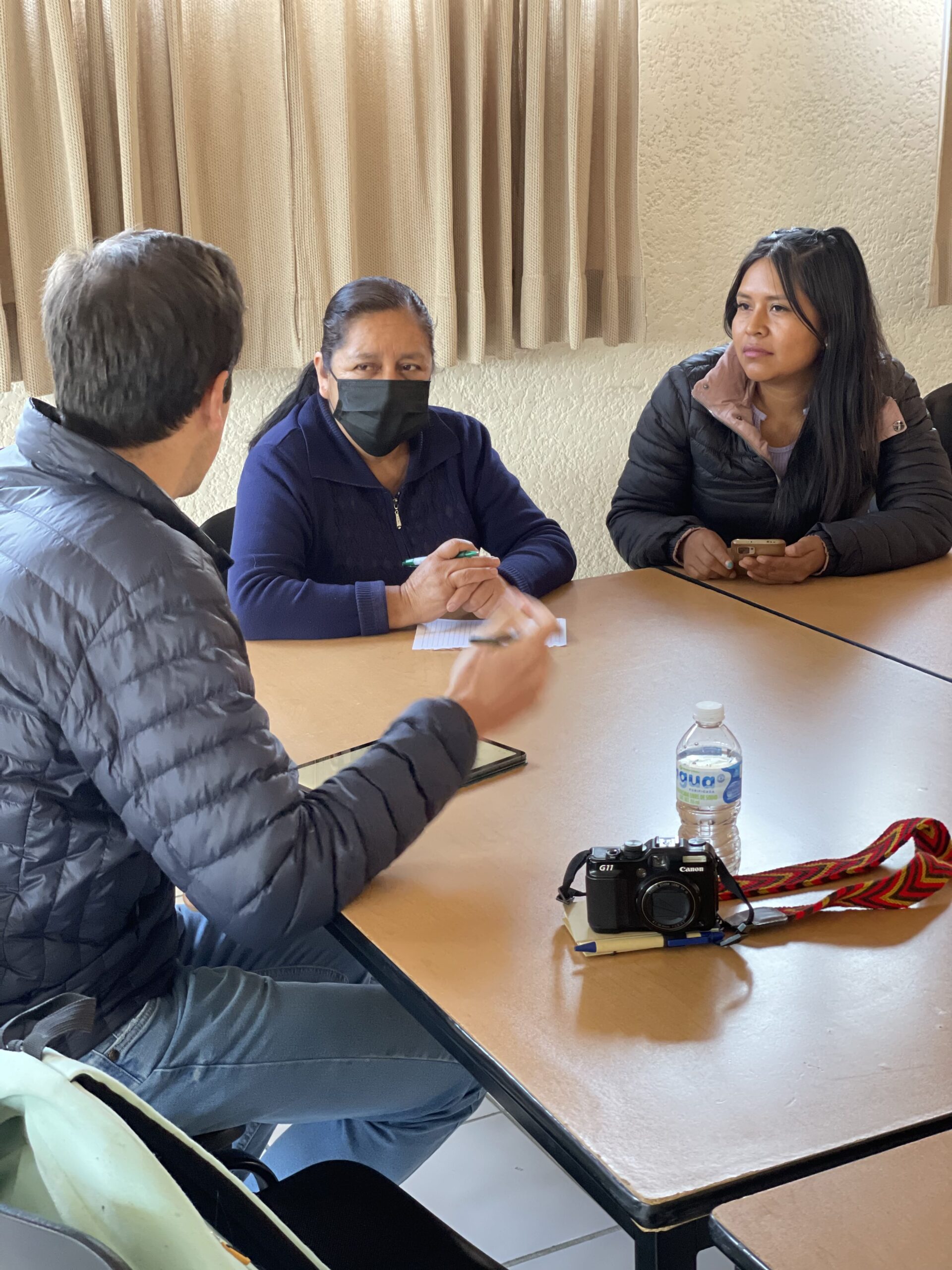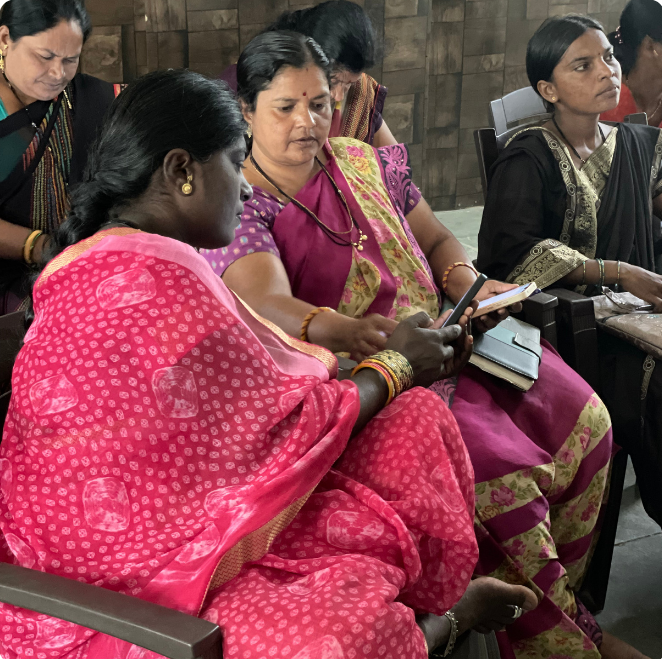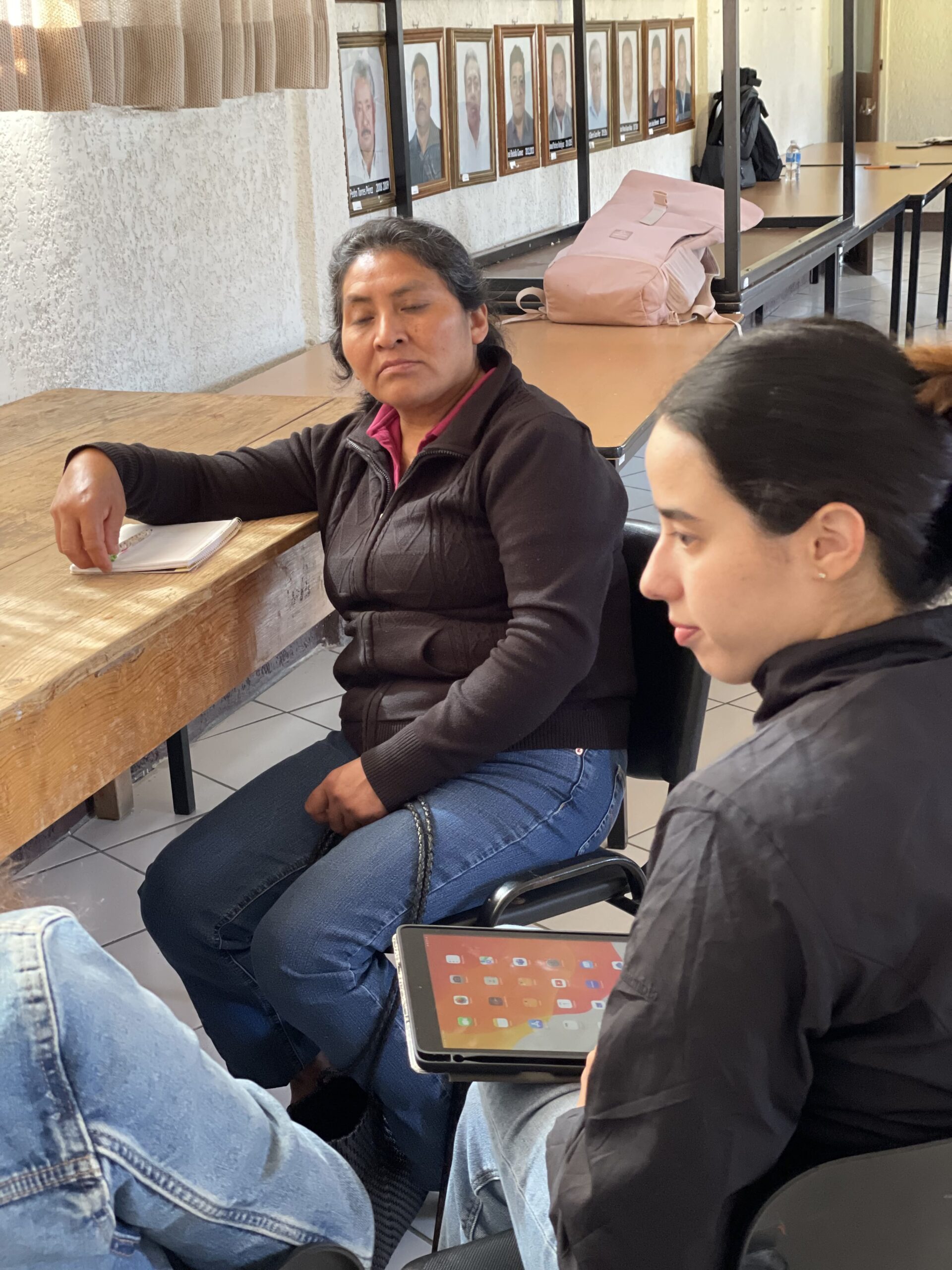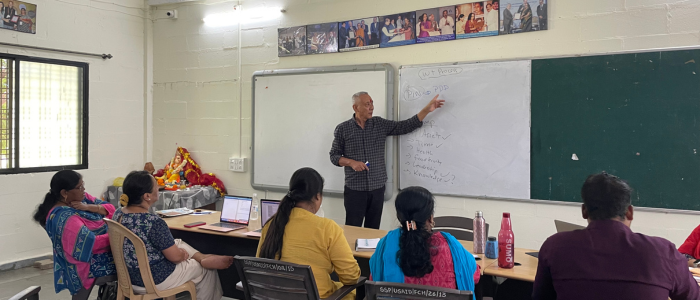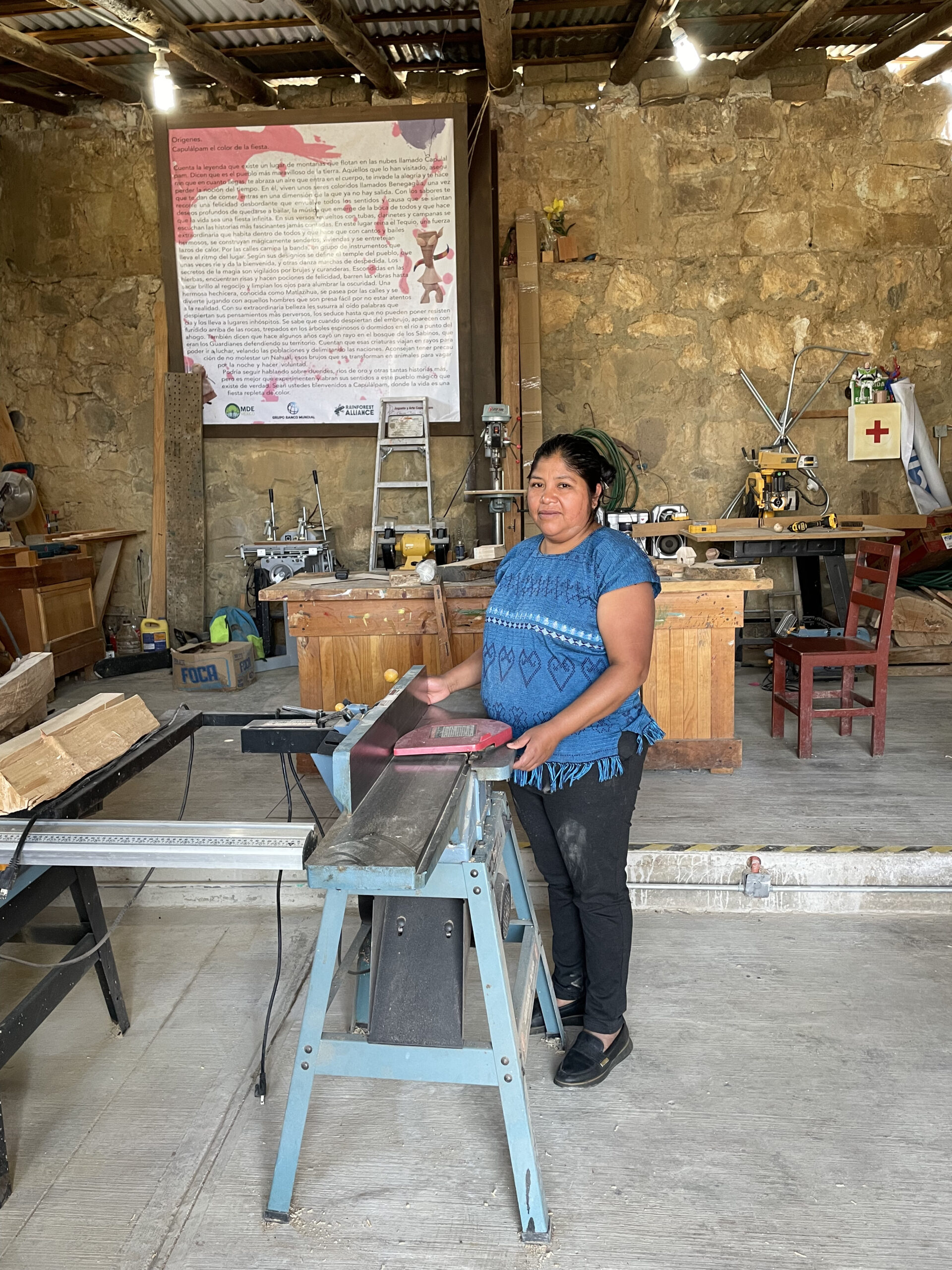
Overview
The DGM aims to enhance the capacity of Indigenous Peoples and Local Communities (IPLC), with a focus on women, to play a greater role in the Forest Investment Program (FIP) and REDD+ at national and international levels by:
- Strengthening the core institutional capacities of IPLC organizations, empowering women-led initiatives through the management of grant-financed projects of their choice, and
- Amplifying women’s voices and participation in regional and global forums via a global platform for learning and knowledge exchange, cross-regional learning events, and the strengthening of IPLC networks and alliances.
The Global DGM Project’s PDO is to strengthen the capacity of forest-dependent people to participate in local, national, and global REDD+ processes. The DGM aims to address IPLC’s capacity to play a greater role in the FIP and REDD+ at the country and international levels by strengthening capacities at both levels.
DGM country programs are designed and implemented by self-selected representatives from indigenous and local communities to strengthen their capacity to play an informed, active, and invaluable role in sustainable forest management.
Women beneficiaries participated in financial and technical capacity development activities to develop the skills necessary to market their products and improve their income.
